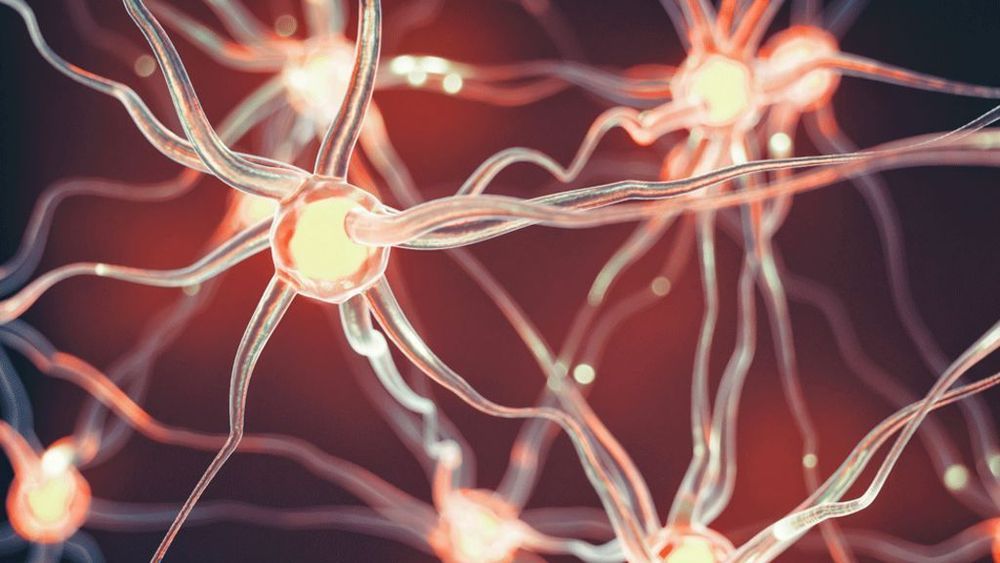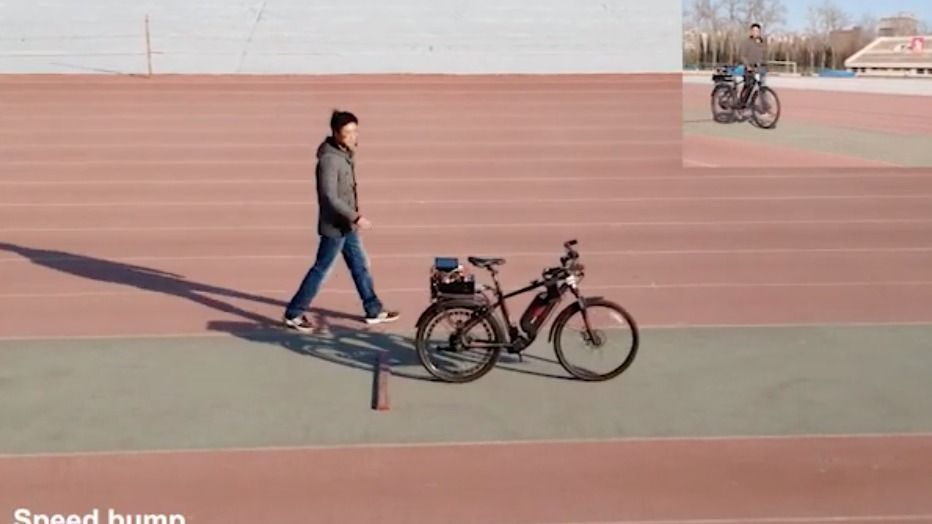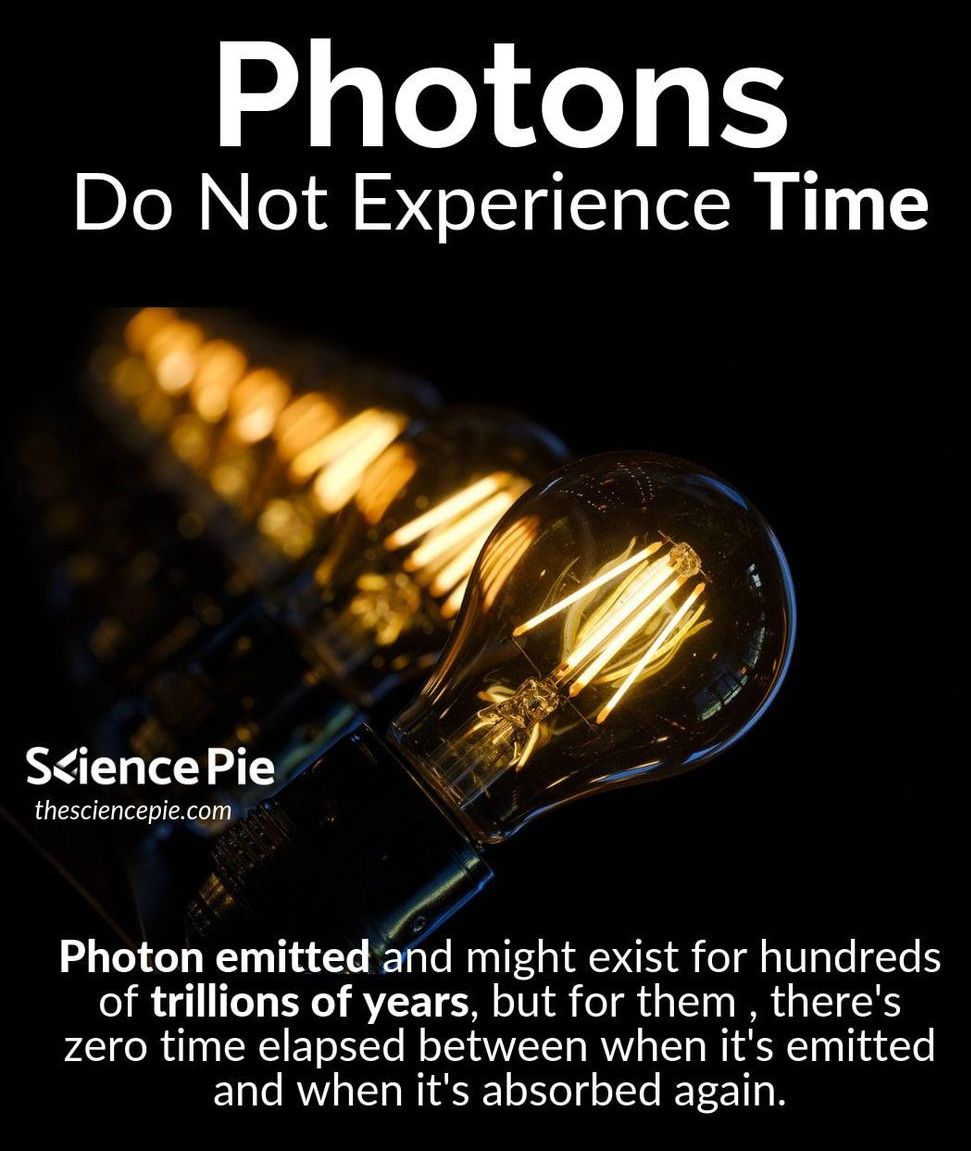The bacteria are not a major threat, but they could transfer their resistance to more dangerous pathogens.
- By Karen Weintraub on August 1, 2019


Facebook has announced a breakthrough in its plan to create a device that allows people to type just by thinking.
It has funded a study that developed machine-learning algorithms capable of turning brain activity into speech
It worked on epilepsy patients who had already had recording electrodes placed on their brains to asses the origins of their seizures, ahead of surgery.

It might not look like much, but this wobbly self-driving bicycle is a symbol of growing Chinese expertise in advanced chip design.
Look, no hands: The bike not only balances itself but steers itself around obstacles and even responds to simple voice commands. But it’s the brains behind the bike that matter. It uses a new kind of computer chip, called Tianjic, that was developed by Luping Shi and colleagues at Tsinghua University, a top academic institution in Beijing.
Two in one: The Tianjic chip features a hybrid design that seeks to bring together two different architectural approaches to computing: a conventional, von Neumann design and a neurologically inspired one. The two architectures are used in cooperation to run artificial neural networks for obstacle detection, motor and balance control, and voice recognition, as well as conventional software.



https://www.nationalreview.com/corner/jeffrey-epstein-a-narc…shumanist/ the author of the article is a dummy and a hypocrite. By his criteria, then God and Jesus and all Christians, Jews and Muslims as well as pretty much all the world’s religions are narcissists etc., Because every world religion I can remember believes in an eternal afterlife.
Jeffrey Epstein’s deep dive into transhumanism.

FAIRY-SIZED astronauts will become humanity’s weapon of choice when it comes to exploring the universe.
That’s the shock claim made by one expert, who reckons by the end of the century we’ll be creating tiny people with wings to travel to new worlds for us.
Dr Ian Pearson, a “futurologist” – someone who specialises in predicting future tech trends – says we’ll soon be able to genetically engineer folk of all shapes and sizes.


